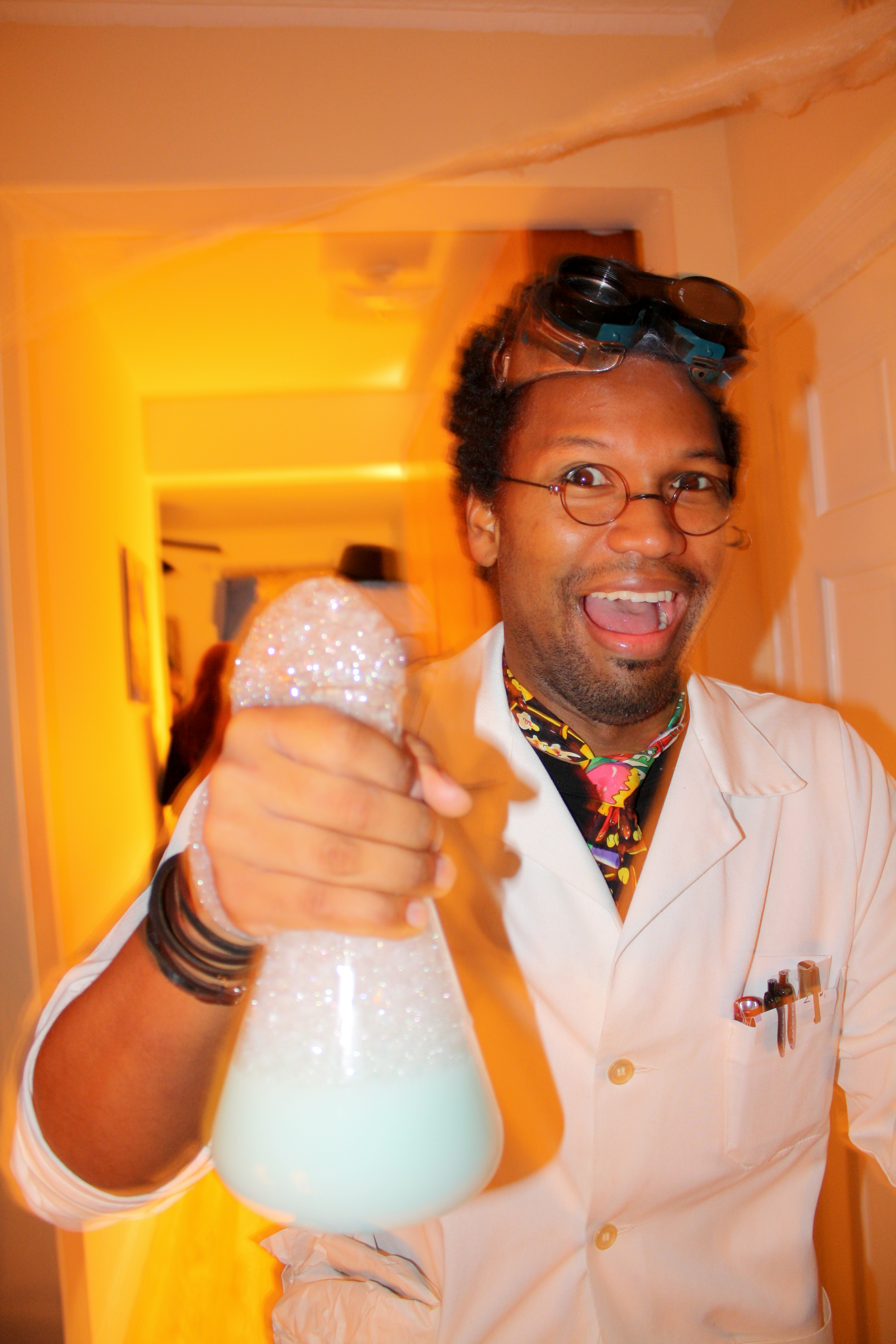More than 33 million people are infected with HIV globally, and while combination antiretroviral therapy is enabling people to have near-normal life spans, a cure has so far evaded researchers.
IRIN/PlusNews lists three recent developments in HIV research:
Computer gamers - The authors of a recent study published in the journal, Nature Structural & Molecular Biology, say they challenged players of a computer game known as Foldit - where gamers “fold” proteins in order to understand more about their structure - to produce accurate models of the protein, Mason-Pfizer Monkey Virus, an enzyme that is vital in the development of a simian-borne virus similar to HIV.
Proteins are critical for the virus to replicate inside the body; the more scientists understand about the structure of proteins, the better equipped they are to design drugs to fight disease-related proteins.
In the space of the three-week competition, the gamers were able to unlock the structure of M-PMV, something scientists have struggled with for years; scientists from the university say the discovery provides opportunities for the design of anti-HIV drugs.
Foldit was developed in 2008 by the University of Washington.
“Glow in the dark” cats - Cats are vulnerable to Feline Immunodeficiency Virus (FIV), which is similar to HIV; the journal Nature recently published research by US scientists showing that cells from cats carrying a particular gene - rhesus macaque TRIMCyp - resisted the replication of FIV.
The eggs that produced the cats had the green fluorescent protein - which occurs naturally in jellyfish and fluoresces under certain light - inserted; it enables easy identification of the altered genes.
Scientists say that if the protective effect of the gene is proven by further research, it would be useful in developing similar techniques to reduce the replication of HIV in humans.
Disarming the virus - By removing cholesterol from the HI virus membrane, US and European scientists rendered the virus incapable of damaging the immune system. Cholesterol is important in maintaining the integrity of the HIV envelope and allowing HIV-cell interaction. The research was published in September in the journal, Blood.
In the human body, a subset of immune cells called plasmacytoid dendritic cells (pDCs) recognize HIV quickly and produce signalling molecules called interferons, which activate various processes that are initially helpful, but if active for too long, damage the immune system.
The scientists, from Imperial College London, Johns Hopkins University, the University of Milan and Innsbruck University, found that once cholesterol was removed from the HIV envelope, it no longer activated pDCs. Instead, T-cells - critical to the immune response - were able fight the virus more effectively.
The scientists now plan to investigate the possibility of transforming their method of disarming the virus into a vaccine.
kr/kn/mw
This article was produced by IRIN News while it was part of the United Nations Office for the Coordination of Humanitarian Affairs. Please send queries on copyright or liability to the UN. For more information: https://shop.un.org/rights-permissions
